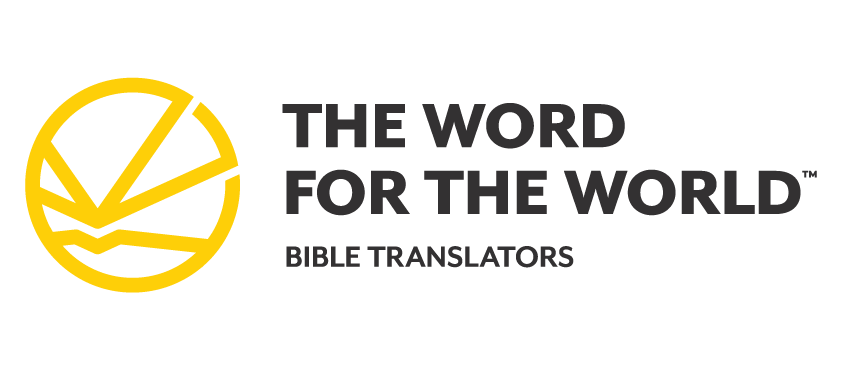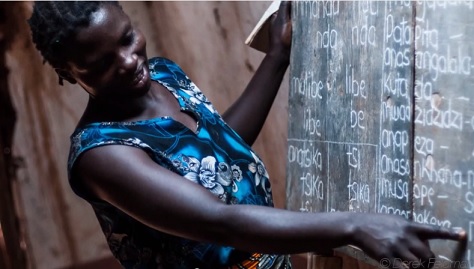Our Unique Translation Approach
We currently have 6 long term literacy programmes: The Dawro, Gofa, Guji and Maale projects in Ethiopia; and the Sena and Lambya projects in Malawi. Read more about these in Locations on this website.
Our Approach to Literacy
We work with language communities to plan and initiate mother-tongue literacy programmes alongside Bible translation. Many languages we work in have never had a writing system. Based on their sound system, a writing system is developed, usually using the alphabet of the state language as the basis.
We provide training and workshops to participants in how to set up, implement and run literacy programmes in their communities. We emphasise community ownership. This includes helping them to develop the primers needed to teach reading and writing to the illiterate and the semi-literate, which can be used for both adults and children.
A coordinator is chosen from within the community to head up the work. A literacy committee is established in each community and literacy teachers are trained to promote mother-tongue literacy in the community.
Why Mother-tongue?
Learning to read and write in one's mother tongue is easier than learning in a second language. That way one only has to learn one skill at a time, i.e. becoming literate, as opposed to learning to read and write and understand another language. One understands what one reads and it is immediately relevant to one's daily life and culture. It affirms one's value as a person because language and identity are closely linked. It has been shown that if a person's language is valued they feel valued themselves.
There are many cognitive, psychological, linguistic and social benefits to becoming literate in the mother-tongue. Those who have the foundation of education in their mother tongue are less likely to drop out of school and can more effectively contribute to the society and economy. Every effort goes into ensuring the successful implementation of mother-tongue literacy in communities in which the Bible is being translated.
Goals and Aims
Specific goals and methodologies differ from region to region. Where there is a strong church presence we are often able to promote the programme through the church. Otherwise, we aim to implement the programme through secular community leaders. Where primers contain no Christian materials, we trust that the newly literate will read the translated scriptures available.
Interesting and relevant literature is developed as readers need good literature such as compilations of folktales, local and oral history and monthly newspapers. These can then be developed by the people themselves. Our aim is a literate society.
Our ultimate goal is that people's lives will be transformed through reading and understanding the Word of God in their own language.
To donate towards our literacy work click here (earmark "literacy" in comment).

